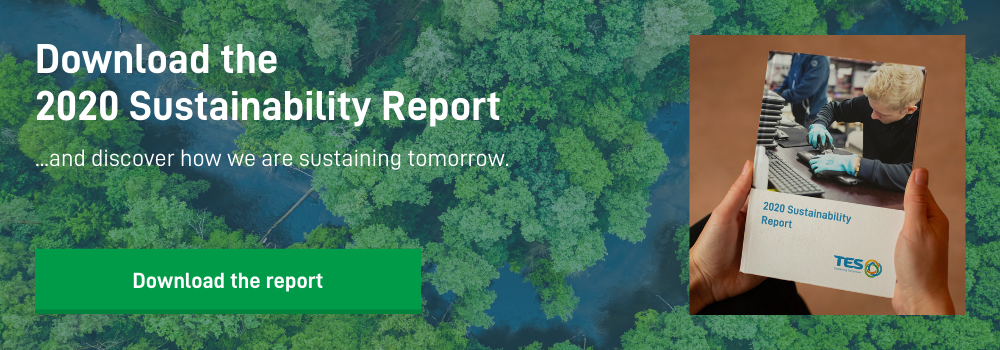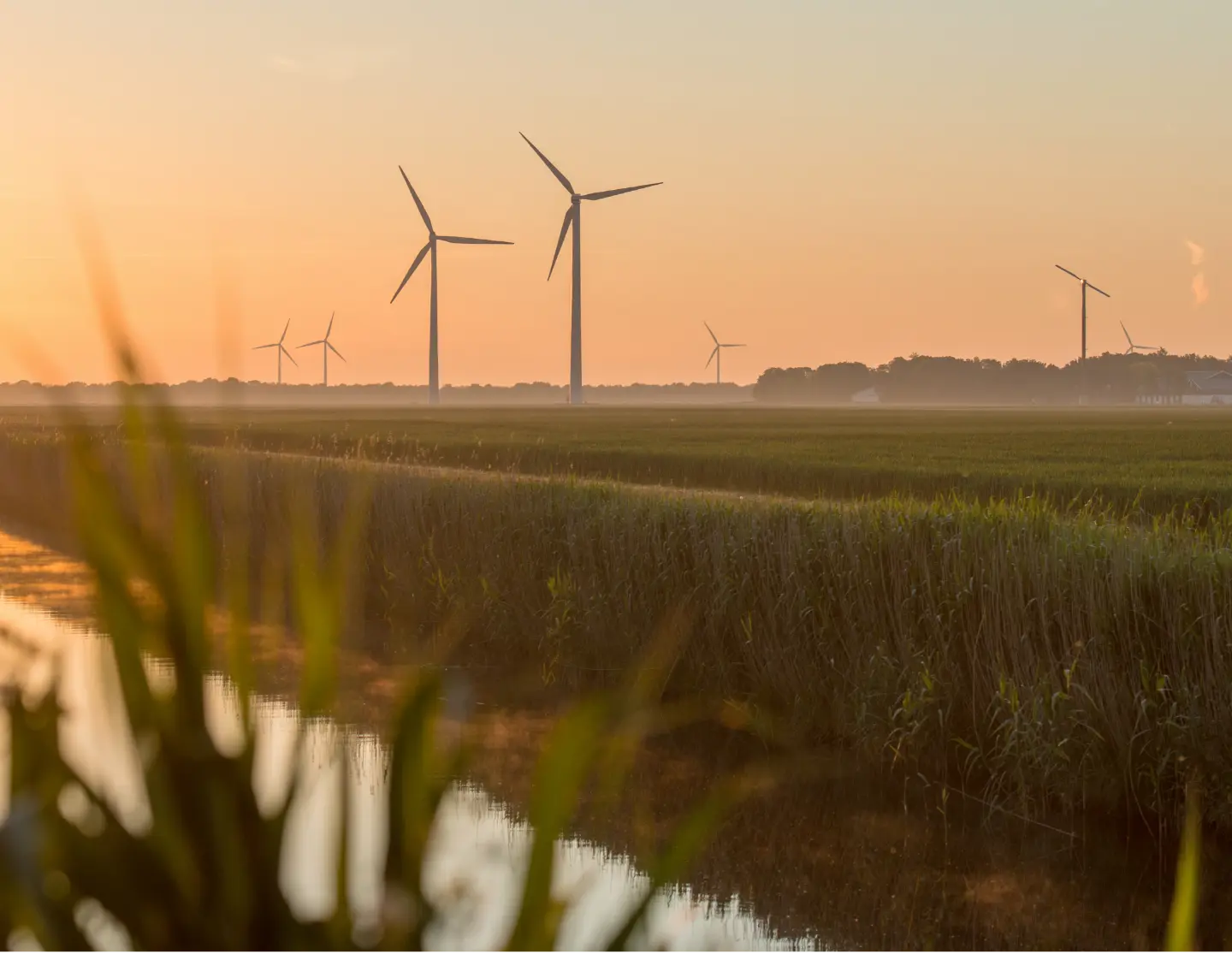Many of us are focused on the key objectives when it comes to building a more sustainable post-COVID economy. This is, of course, the right thing to do - but we also need to consider the holistic approach concerned with how we achieve those objectives.
For example, we can ask what our supply chains may look like in a post-COVID economy or determine a set number for the reduction of emissions, but the key thing to remember is that without putting sustainability at your core, any drive towards it will be imbalanced and off the mark.
Establishing Sustainability
Rebuilding a post-COVID economy also depends on this realignment. In a speech by Dr. Arunabha Ghosh, the CEO of the Council on Energy, Environment and Water and Jamshyd N. Godrej, the Chairman of Godrej & Boyce and Chairperson of the Council on Energy, Environment and Water, they write:
“The green economic recovery cannot succeed without the full engagement of the private sector.”
So how do businesses go about establishing sustainability as a core purpose?
- Ideology over idiocy (a phrase coined by Malcolm Turnbull former prime minister of Australia) : Ignore the naysayers and chart a course that is based on the science and evidence in front of you.
- Create a purpose: Mission statements provide an incentive to employees, give clarity to customers and standardize the objectives in an easily understandable narrative.
- Understand green market disruption: It’s better to be the disruptor in a market rather than being disrupted. For example, look at the fossil fuel industry and the inroads renewable energy companies are making in taking away their business. Every service will be redefined to include sustainability.
- With your purpose, identify clear goals: Determine what you want to change and what benefits you can gain or create from this. Your targets need to be measurable, specific and driven by data.
- Create accountability: When it comes to sustainability, transparency and accountability are key. When delivering on your sustainability goals, you need a governance system that assigns accountability so the vital granular performance data is accurately recorded and presented to the relevant stakeholders.
- Engage your employees and community: You can do this by rewarding, recognizing and developing their efforts. Listen to their ideas and make it easy for them to involve themselves.
- Sustainable procurement: Identify every distinct process within your business - how can these be more sustainable. For example, could you source energy from a renewable energy company? How about your technology - what’s the usual lifecycle? Can you remarket or recycle obsolete equipment with the right credentialed providers rather than dealing with the neighborhood computer trader?
- Engage your customers: Make it known that you’re pursuing increased sustainability.
- Pursue collaboration and partnership: Resource share with industry, governments and communities. The journey is easier if we do it together.
“We need ambitious, clear and common targets for a nature-positive world,” continued Dr. Ghosh and Godrej. “We need implementation support on financing, capacity development, transparency and accountability.”
Without the engagement of the private sector and a reappraisal of business processes through a ‘green’ lens, the transition to a more sustainable economy is much more difficult. But by following this guidance and partnering and collaborating with similar-minded organizations who can help you reduce your footprint, we can collectively begin to capitalize upon a more sustainable tomorrow.
Shaping a post-covid business environment
To explore what the economy of tomorrow could look like if businesses begin to implement the practices we’ve spoken about in this blog, click the link to our next blog in this series.
You’ll also be able to see more of what we’re doing here at TES in order to pioneer a sustainable, circular economy.
Click here to read our blog on shaping a post-COVID business environment.

Alvin is a global advocate for sustainable stewardship approaches to Information Communications Technology (ICT) and battery energy management. At TES, Alvin is realising the mission to deliver more holistic sustainable approaches in IT lifecycle services.







